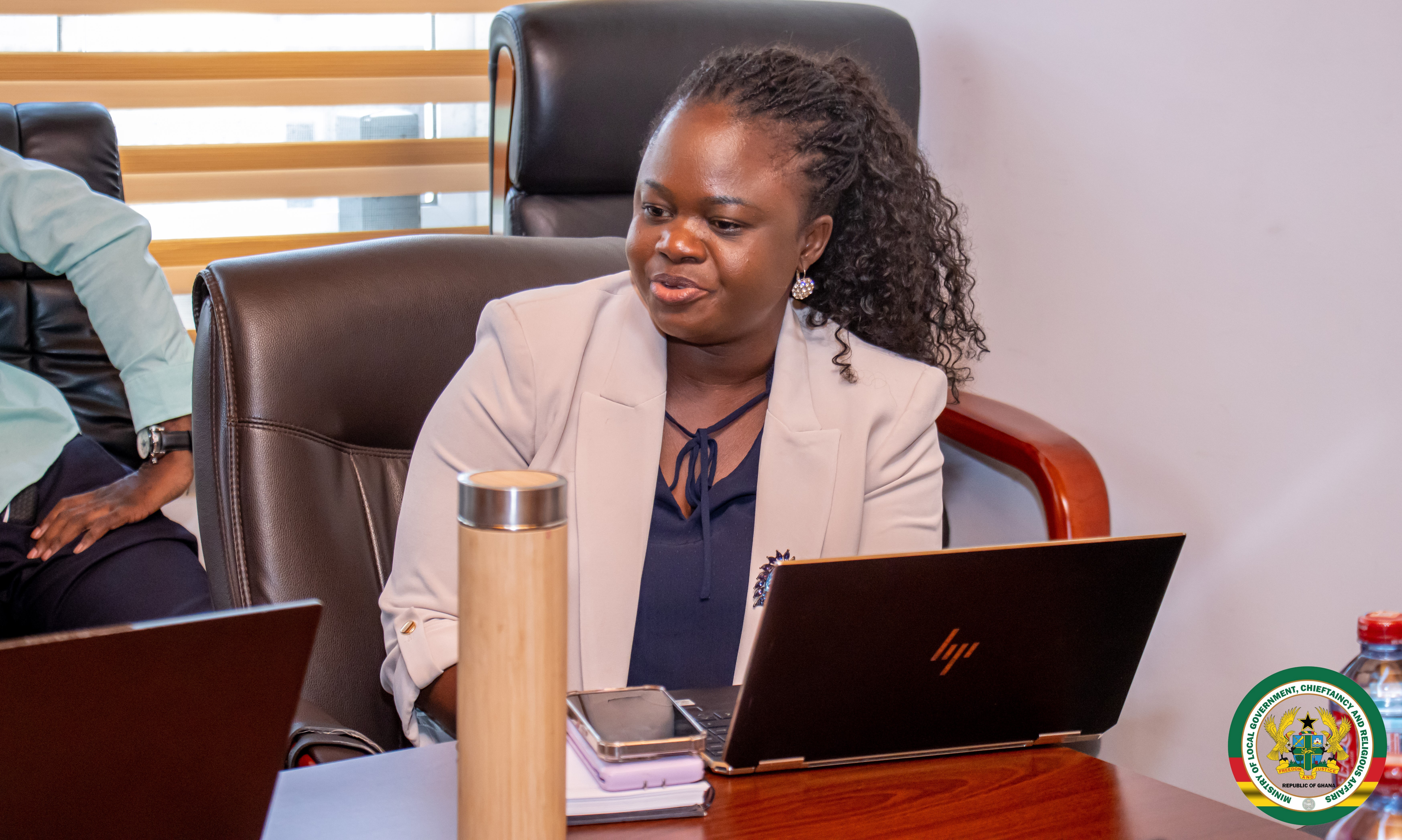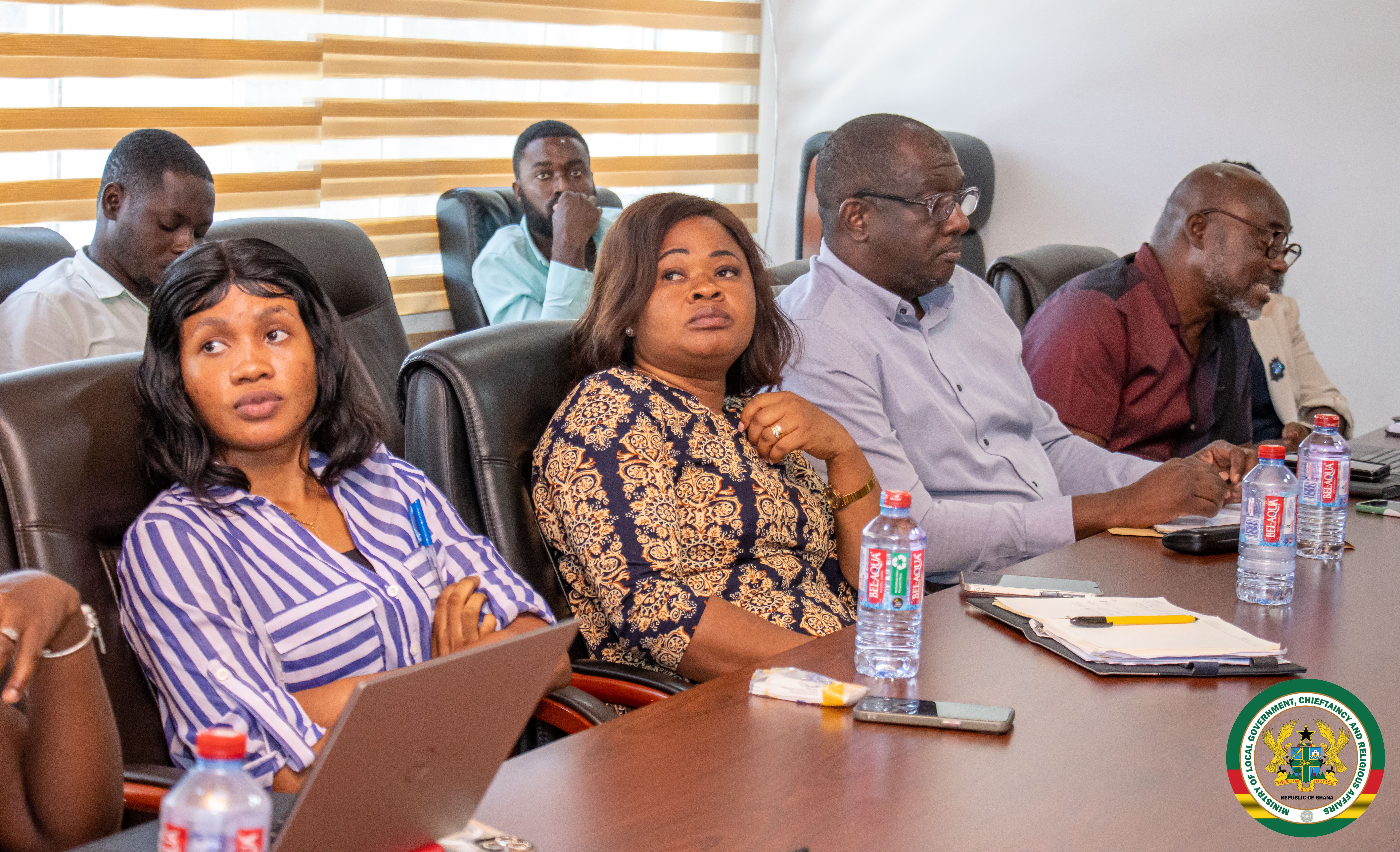A cross-sector technical meeting has been convened in Accra to take stock of Ghana’s progress in delivering on its climate action commitments under the second Nationally Determined Contributions (NDC 2.0). These commitments reflect Ghana’s pledge, as part of the global Paris Agreement, to combat climate change through both emission reduction (mitigation) and improved resilience to climate impacts (adaptation).
Organised by the Environmental Health and Sanitation Directorate of the Ministry of Local Government, Chieftaincy and Religious Affairs (MLGCRA), the session brought together key technical officers and representatives from various sectors, including waste management, water, health, infrastructure, and local governance. Their task was to evaluate what has been achieved since the country submitted its NDC 2.0 and to help shape the direction for the next round of climate actions.
Discussions centered on how well-planned interventions have been rolled out, particularly in vulnerable sectors. Special emphasis was placed on environmental health and sanitation areas directly linked to both the causes and effects of climate change. Stakeholders identified a need to ramp up community-level actions such as sustainable waste disposal, climate-informed planning, and public awareness campaigns that address health and environmental risks simultaneously.
The meeting also highlighted the broader co-benefits of climate action, including job creation, protection of public health, and building more resilient cities. Participants stressed that for progress to be sustained, strong collaboration between local and central government institutions is essential, especially in aligning policy priorities and implementing practical solutions at the grassroots level.
Equally, the importance of robust data systems, financing frameworks, and institutional coordination was underscored as critical enablers for tracking progress and scaling impact.
Findings from the session will feed into Ghana’s national climate reporting and support the development of its next NDC, helping to ensure transparency, policy coherence, and continued momentum toward a climate-smart future.
This technical review is part of Ghana’s ongoing commitment to global climate accountability and national development that leaves no one behind.
Source: Stephanie Edem Klutsey
(Public Relations Unit MLGCRA)



